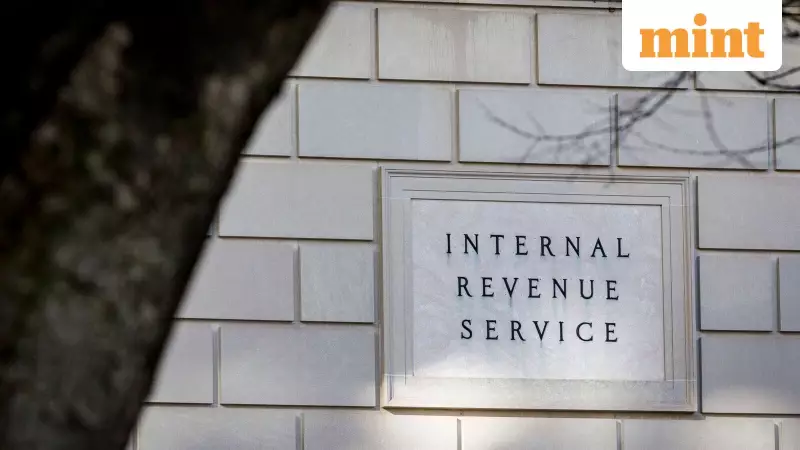
IRS Puts an End to Stimulus Check Rumours
Widespread speculation on social media about new stimulus payments for Americans in November has been officially shut down by the Internal Revenue Service (IRS). Following a promise from former US President Donald Trump about a substantial $2,000 tariff dividend, many beneficiaries were left wondering if relief funds were on the way. However, the tax authority has confirmed that no new federal stimulus checks are authorised for this month.
The Truth Behind the $2,000 Tariff Dividend Promise
Earlier this week, Donald Trump took to his Truth Social platform to make a significant announcement. He targeted critics of tariffs and pledged a generous dividend for the American public. In his post, he stated, "We are taking in Trillions of Dollars and will soon begin paying down our ENORMOUS DEBT, $37 trillion. Record Investment in the USA, plants and factories going up all over the place. A dividend of at least $2000 a person (not including high income people!) will be paid to everyone."
This declaration immediately fueled discussions and hopes across various social media platforms. The idea of a "tariff dividend" went viral, with many users drawing parallels to the economic impact payments distributed during the COVID-19 pandemic. This comparison gained further traction after a report by USA Today, citing the non-profit Committee for a Responsible Federal Budget, estimated that fulfilling this promise could cost the US government a staggering $600 billion each year.
Official Clarification and a Warning on Scams
Amid the growing confusion, a fact check by news outlet KTVU provided a much-needed reality check. The report clarified that Congress has not passed any new legislation authorising such payments, and the IRS has not confirmed any new relief initiatives. It is crucial to understand that Trump's proposed tariff income payouts remain merely suggestions at this stage, with no approved payments.
This situation has created a fertile ground for scammers. KTVU Fox has issued a warning that many so-called "stimulus alerts" circulating online are, in fact, sophisticated phishing scams. Fraudsters are sending fake emails and text messages that request sensitive personal information, such as bank account details and Social Security numbers. It is vital to remember that the IRS does not initiate contact via email, text messages, or social media to request personal or financial information.
What Should You Do Now?
For beneficiaries awaiting any form of government relief, the path forward is clear and cautious. You should verify any communication claiming to be from the IRS through official channels only. The safest and most reliable approach is to depend exclusively on updates from IRS.gov or the US Treasury Department.
To ensure you remain eligible for any potential future payments, it is essential to file your tax returns on time and keep your personal information current with the tax authorities. Staying informed through verified sources is your best defence against both misinformation and malicious scams.





